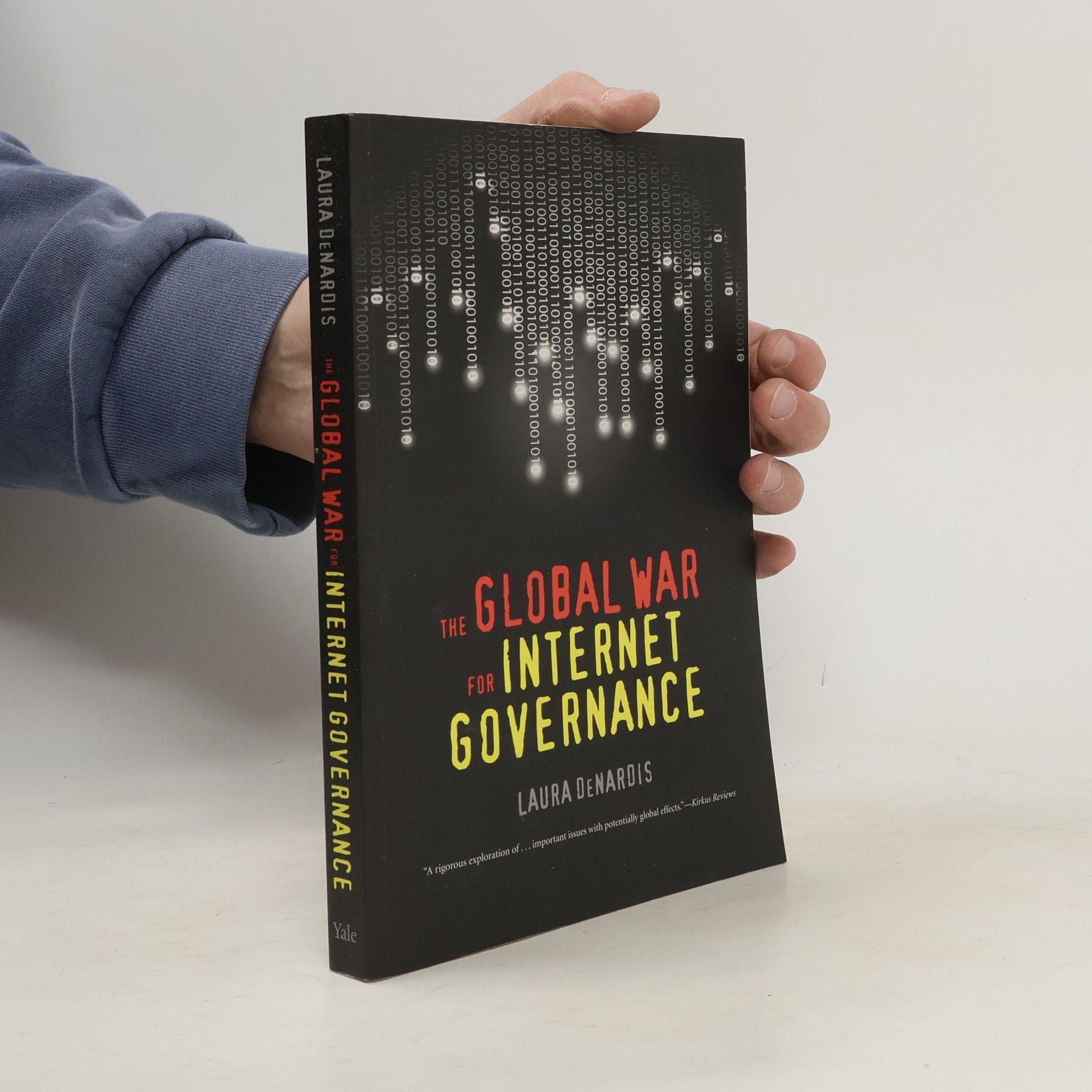The Global War for Internet Governance
- 296 páginas
- 11 horas de lectura
A groundbreaking study of one of the most crucial yet least understood issues of the twenty-first century: the governance of the Internet and its content
Laura DeNardis es una destacada académica mundial en gobernanza de Internet. Su trabajo explora las intrincadas relaciones entre tecnología, poder y sociedad en la era digital. DeNardis se centra en cómo se está dando forma al futuro de Internet y quién lo controla. Sus análisis ofrecen una profunda visión de los desafíos presentes y futuros de la gobernanza global de Internet.



A groundbreaking study of one of the most crucial yet least understood issues of the twenty-first century: the governance of the Internet and its content
Research concepts, methods, and frameworks for the study of internet governance, by leading scholars from law, computer science, communication, science and technology studies, and political science--
A compelling argument that the Internet of things threatens human rights and security and that suggests policy prescriptions to protect our futureThe Internet has leapt from human-facing display screens into the material objects all around us. In this so-called Internet of Things—connecting everything from cars to cardiac monitors to home appliances—there is no longer a meaningful distinction between physical and virtual worlds. Everything is connected. The social and economic benefits are tremendous, but there is a downside: an outage in cyberspace can result not only in a loss of communication but also potentially a loss of life. Control of this infrastructure has become a proxy for political power, since countries can easily reach across borders to disrupt real-world systems. Laura DeNardis argues that this diffusion of the Internet into the physical world radically escalates governance concerns around privacy, discrimination, human safety, democracy, and national security, and she offers new cyber-policy solutions. In her discussion, she makes visible the sinews of power already embedded in our technology and explores how hidden technical governance arrangements will become the constitution of our future.